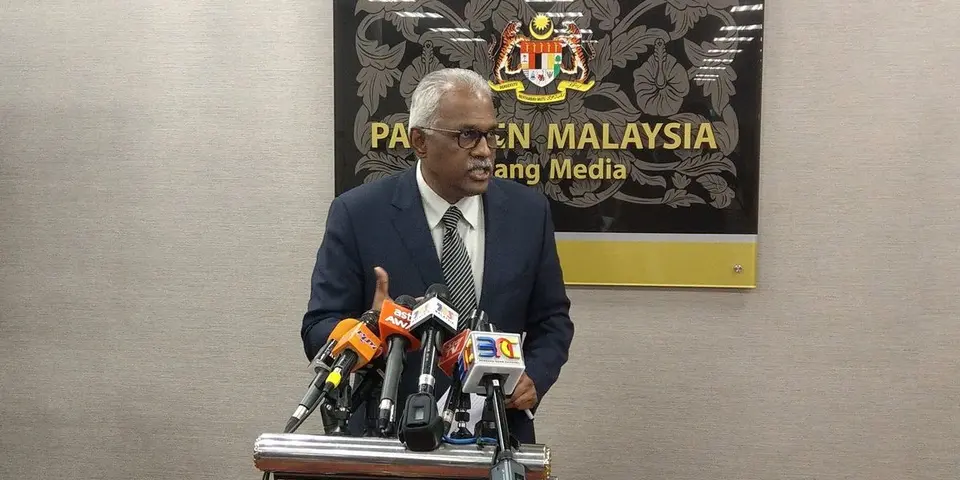
Malaysia: Eliminate Middlemen and Establish National Review Committee in the Management of Migrant Workers
July 16, 2017

By Charles Santiago
APHR Chairperson
MP, Malaysia
This repeats like a mantra in Malaysia. When journalists follow leads to break stories that take a whack at the government, cabinet members jump on a bandwagon to cry foul. Deputy Prime Minister and Home Affairs Minister, Ahmad Zahid Hamidi, is no different.
He told Parliament that the Al-Jazeera report, which exposes entrenched graft in the movement of workers between Malaysia and migrant source countries especially Bangladesh, is misleading. The documentary suggests that a corrupt nexus between government officers and labour brokers makes the movement of workers to Malaysia a highly lucrative business.
Zahid Hamidi’s observation that the government has employed the new on-line E-Card System to register undocumented migrant workers in the country and that the system is transparent form the backbone of his rebuttal. I call this being irresponsible. It is rather shocking to hear the Home Affairs Minister simply dismiss away a complex and endemic problem.
It is suggested that there are about two million or more migrant workers in the country, employed largely in the small and medium industries. The fact is that only 23% or 161,056 undocumented foreign workers registered through the online platform. This suggests that the online registration was an epic fail as the government expected about 600,000 undocumented workers to be registered.
The failure of the E-registration has burnt a hole on our coffers. It is suggested that registering an undocumented migrant worker could cost anywhere between RM 4,000 to RM 6000. There is no guarantee that the immigration department would give registration permits to all workers. And there is no refund.
A good number of small and medium industries unfamiliar with the registration exercise used unscrupulous middle-men or labor brokers who failed to get their undocumented workers registered. Employers facing high cost of production and a slow economy were forced to let go of their undocumented workers rather than pay for the workers registration. This resulted in workers facing detention and non-payment of their wages, sometimes running to three months.
The government’s 6P Amnesty Program to register undocumented immigrants in the country in order to monitor their activities better failed as well. So clearly, the minister didn’t do his homework before his random verbal diarrhoea. But instead of taking the easy way out by nonchalantly dismissing the allegations raised by the foreign television channel, the government has to cut-off the role of middle-men, private employment agencies and labor brokers in the management of migrant workers.
This is because importing migrant workers is a business opportunity. Thus it comes as no surprise that migrant workers brought into the country far exceeds the actual manpower needs of the nation.Furthermore, lack of transparency of government to government MOUs has led to migrant workers and employers being overcharged by unscrupulous labor brokers.
Employers have repeatedly complained that private employment agencies acting as middlemen control the employment of migrant workers including charging exorbitant fees for employment of these workers. A forward looking strategy would be for Ahmad Zahid to follow the aims stipulated in the 11th Malaysian Plan.The national plan suggests that the proportion of migrant workers in the country’s workforce to be set at 15% by 2020. The report further states that the management of migrant workers is to be transferred to the Human Resources Ministry.
For now, Ahmad Zahidi has to account to Parliament on how the ministry plans to achieve the 15% target given that we have about two and half years left. Zahid Hamidi must also seriously consider the setting up of a national migration policy review by establishing a high level independent committee to address structural issues including entrenched corruption as raised by Al-Jazeera.
ASEAN Parliamentarians for Human Rights (APHR) was founded in June 2013 with the objective of promoting democracy and human rights across Southeast Asia. Our founding members include many of the region's most progressive Members of Parliament (MPs), with a proven track record of human rights advocacy work.